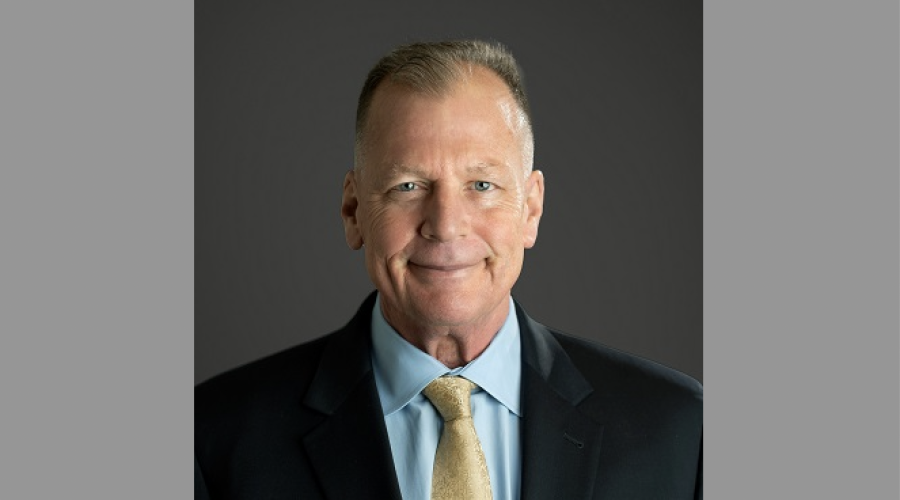
From The Bench to The Arbitrator's Desk: An Interview with The Hon. Emil Giordano
By Cameron Hines '25 | Editor of the Scheinman Institute Newsletter & Blog
The Hon. Emil Giordano, former Presiding Judge of the Court of Common Pleas of Northampton County, Pennsylvania, served on the bench from 2004 to 2018. He was Northampton County’s first administrative judge of the Orphans’ County Division, supervising estates and trusts for the county, and was later named to Pennsylvania’s Orphans’ Court Task Force, an organization charged with implementing changes to the Orphans’ Court. Additionally, Judge Giordano was the first judge in Pennsylvania to institute guardianship certification requirements for the protection of senior citizens.
Since leaving the bench, Judge Giordano has established a noteworthy career as a mediator and arbitrator. His office is based in Allentown, Pennsylvania.
What made you decide to run for judge?
I started my career as an assistant district attorney and assistant public defender. After leaving these roles, I entered private practice, representing insurance and education companies and local governments. These diverse experiences confirmed that I enjoyed the law and wanted to use the legal system to help my community. Running for county judge seemed like the best way to pursue this goal.
Do you miss spending time on the bench? And how did you get involved in conflict resolution?
While I valued my time on the bench, I don’t miss it. After about fifteen years, I was ready for a new intellectual challenge. Getting involved in arbitration and mediation seemed like the natural next step for me. As a judge, you need to have empathy, people skills, and the ability to collaborate well with lawyers. ADR requires an almost identical skillset from its practitioners.
How has your judicial experience impacted your career in dispute resolution?
The political part of the job–running for the position–helped me develop my people skills. Running for office, you learn to speak with many different groups of people and you have to be quick-witted. Later on, while serving on the bench, I obtained a lot of varied experience in the law. You see almost everything after spending enough time in court. As I mentioned earlier, ADR requires interpersonal skills and knowledge of the law, and serving as a judge assisted me in evolving in both categories.
You have received specialized training in mediation. How did this impact your work?
By taking this course, I interacted with people from all over the world – Sweden, Italy, you name it. I gained an international perspective on the law, and through this exposure, I realized no single method works for everyone. My approach has always been people-based over getting too caught up in the facts of a case. I ask the parties involved in cases a lot of questions and do significant research about the background of cases. Sometimes, arbitrators–especially ones newer to the business–hesitate about whether their style is the “right” one. The course taught me there is no “correct” style. It allowed me to become a bit more confident.
Is there any experience you have had in dispute resolution that stands out as being memorable?
I have handled two divorce mediations of married couples with significant assets. These cases were very challenging: they were acrimonious and draining and, quite frankly, awful. Money isn’t the only factor in those cases. They are filled with emotion, which means neither party will probably walk away smiling, even if they are satisfied with the monetary terms of the decision.
How does arbitration differ between New York and smaller marketplaces like Allentown?
Allentown, like many smaller marketplaces, has fewer intellectual property and tax cases than New York City. Smaller areas also seem to have a more collegial culture than larger areas, primarily because people see each other more frequently in smaller markets. Both types of locations have their upsides and downsides for ADR professionals. I am very satisfied with my work serving the Lehigh Valley region.
What aspect of your conflict resolution career are you most proud of?
I’ve seen a large amount of repeat business over the years. I feel phenomenal when I see a familiar name on my agenda – it means people value my work. I try to be as fair as possible, and seeing my work in this area pay off has been one of the great privileges of my ADR career.
Do you have any advice for those just starting a career in dispute resolution?
Above all else, be honest and honorable. Be above reproach. To do this, always tell the truth, try to keep your political and religious opinions to yourself, and be friendly to everyone you meet. This advice is probably advantageous for young people looking to enter any career, but being honorable is especially important in ADR, where one’s reputation is everything.
